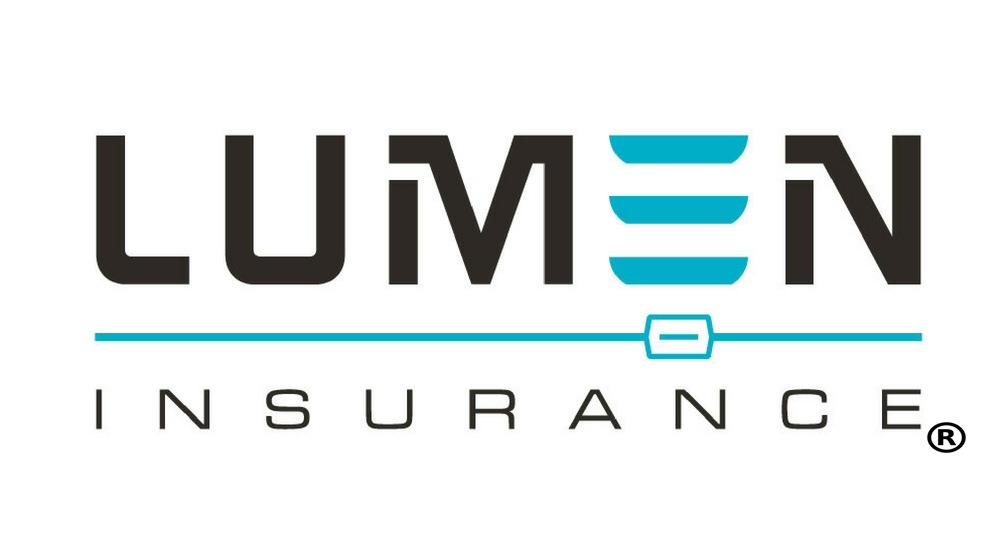What Startups Need to Know When It Comes to PEOs
In this months blog, the PEO (Professional Employer Organization) model is explained as well as why startups like the PEO model. From an insurance perspective, what implications does working with a PEO have on your commercial program? Find out how insurance agents and PEOs can complement each other to benefit your startup.
What Is a PEO?
Let’s start by making sure everyone knows what a PEO does. In short, a PEO is an outsourcing firm providing multiple services to small businesses. Most PEO relationships are contingent upon becoming the employer of record. This makes the PEO responsible to file Federal and State Unemployment taxes and allows your company to be part of their benefits and insurance program pool. The purchasing power savings are passed along to the company. Top tier PEOs also have sophisticated technology platforms that are pretty slick and very user friendly.
PEOs are best known for providing:
- Enterprise level Benefits
- Payroll services
- Outsourced HR
- Compliance
- Insurance
Why Do Startups Like PEOs?
In talking with startups and VCs, this is why many startups choose the PEO model:
- ‘Turn key’ HR solution – startups can turn on the solution with 2 employees and have access to a treasure trove of support with minimal effort.
- Outstanding Benefits – most startups are looking to attract top talent. This often includes a requirement for solid benefits. Being a part of a PEO often means a richer benefit package can be offered for the same dollar amount as the open market.
- Controlling Medical Renewal Costs- This can be beneficial for easing the increase of medical benefits year over year, often keeping it to single digits. This can also help startup CFOs forecast and make more clear plans for growth.
- Outsourcing HR Support and Compliance – this is a big deal for most startups, especially for multi-location organizations. Keeping up with all the employment laws in California, for example, can be difficult. This is where compliance can be critical to a startup’s survival.
- Scalable – As a company scales, PEOs can handle high growth mode with ease.
- Shifting the liability – because of the employer of record letter, the liability is often shifted to the PEO, making it more attractive to VCs, Private Equity and potential acquiring companies. PEOs are often the fiduciary on a 401k plan as well, which can be attractive.
Insurance Coverage: What PEOs Provide and What They Don’t
- Workers Compensation and Employers Liability –PEOs will provide WC as part of the payroll services they provide for a company. This is great for a company who has multiple locations across the US and certainly beneficial for compliance related issues.
What to watch out for:
- Ease of Certificates of Insurance processing – I have run into this with multiple clients where a bank or client is asking for a Certificate of Insurance (COI)
- Employment Practices Liability Insurance (EPLI) – PEOs often offer a $1M or $2M limit for this.
What to watch out for:
- Limits – are they shared? Often times smaller PEOs will offer a limit, but it is shared with hundreds of other companies. Not good!
- Self-insured Retentions- often times the retentions on employment practices liability are pretty high. In some cases, they are $25k or can be as high as $100k. Retentions are not always explained well during onboarding since the focus is on benefits and payroll. Be sure to ask what this means to your company in a sexual harassment or wrongful termination scenario.
- Coverage specifics- not all EPLI coverage is created equal. It is important to ask what kind of coverage is included and what is not. For example: is 3rd party EPLI coverage included? The common scenario is an employee making an off-color comment to a client. Find out if the PEOs policy would respond to a claim like this.
- It is also important to note they DO NOT provide coverage for General Liability, Errors & Omissions (E&O), Cyber or Directors & Officers (D&O) insurance. You will have to get with your insurance agent on these lines of coverage.
Why Lumen Works Well with PEOs
There are a few reasons Lumen works well with PEOs. PEOs all require their companies to carry general liability and make them an additional insured on the policy. It is nice of our PEO reps to have a resource in the startup community to make sure these requirements are met. The second is Lumen is well versed on what PEOs offer and what they don’t. At a minimum we can help our clients ask the right questions, especially when it comes to EPLI coverage. We can complement what PEOs have in place by providing coverage to fill the gaps.
If you are looking to work with a PEO, there are certainly lots of options out there. Find out who best serves your vertical and ask around to find out who your peers use. You might find some consistencies with a few select PEOs to help narrow down the field. You can also reach out to your commercial broker to find out which ESAC (Employer Services Assurance Corporation) accredited PEOs they suggest as well.
About Lumen:
Lumen Insurance Technologies is a tech-focused commercial insurance agency based in Austin, Texas. Lumen is hyper-focused on providing the technology startup ecosystem with quality commercial insurance coverage (e.g. D&O, E&O, Cyber, etc.) following a funding event and beyond.
Check us out on the web at www.lumeninsure.com to find more blog topics, general info, or to get help with finding coverage. Email us at info@lumeninsure.com if you would like to suggest a topic for future blogs.
Connect with us and stay up to date with news from our client base by following us on Instagram, LinkedIn, and Twitter.


